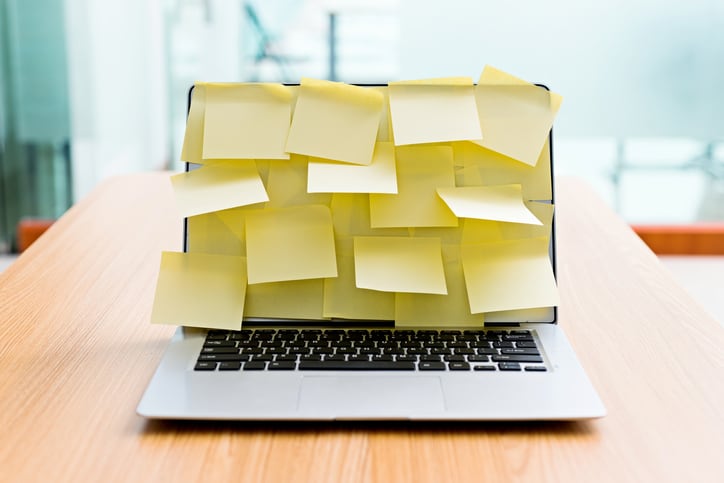

For many, the solution to handling numerous demands and having limited bandwidth, is to multitask. Although you may think you are being extremely efficient by multitasking, the opposite is true. In fact, studies have shown that multi-tasking poses serious side-effects to our brain function.
Multitasking is Counterproductive
A recent research study conducted at Stanford University showed that focusing on a single task is more productive than multitasking. Why? The reason is simple: A person who multitasks cannot effectively handle multiple streams of information. His or her ability to pay attention or remember information declines compared to those who work on a single task at one time. Multitaskers also had more trouble organizing their thoughts and filtering out irrelevant information.
Moreover, those who engaged in multitasking showed cognitive declines. Some participants who multitasked experienced IQ deficits of up to 15 points, which is the equivalent to the effects of staying up all night or being under the influence of an intoxicant. Although these effects may be temporary, long-term changes to the brain are possible. Some studies have shown that structural changes may occur to the brain of someone who frequently uses multiple media devices.
Narrow Your Focus
The human brain is extraordinary, capable of staggering feats of intellectual achievement and artistic expression. However, it is not built to focus on more than one thing at a time. Thousands of years ago, a compromised attention span could have terminal results for our ancestors.
By understanding that every diversion has a cognitive cost, we can narrow our focus and prevent falling into the trap of trying to do too much. The best work we do is usually the result of sustained, unbroken concentration. When we juggle tasks, we lose the ability to generate the kind of unimpeded intensity needed for quality work.
Tips for Staying Focused
For most people, multitasking is a habit. And like all habits, your behavior will need to change if you want to see improved results. Here are a few tips to you stay focused and in the moment:
- Plan Your Day: Be sure that your day is organized with the most important tasks prioritized.
- Reduce Distractions: Turn off TVs, smartphones or any other devices.
- Get Regular Exercise: Regular workouts help keep you physically fit and mentally sharp, and can even positively affect your mood. All of this will help you maintain mental discipline and focus.
- Remember to Breathe: If you are feeling stressed, take time out to stop what you are doing and refocus. Take a few deep breaths to regain perspective and the priorities at hand.
The Bottom Line
If you are struggling with concentration or suffering from procrastination, it is possible multitasking is to blame. An overtaxed attention span doesn’t merely result in occasionally poor work; research indicates that it can lead to cognitive issues.
So the next time you feel like you are biting more than you can chew, take a deep breath and focus solely on the immediate task at hand. Soon, you will see improved results and increased productivity.